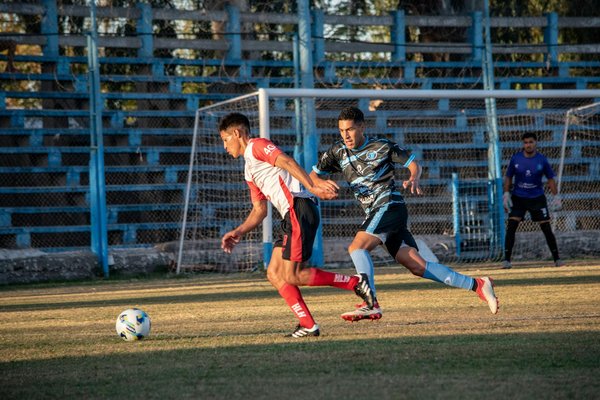
Where curiosity meets knowledge
Discover compelling articles across every aspect of modern life. From automotive innovations to home living essentials, we bring you well-researched content that informs and inspires your everyday decisions.
Explore Every Corner of Life
Comprehensive coverage across the topics that shape your world
Cars, vehicles and driving
businessBusiness and economy
cookingRecipes and culinary arts
finance & real estateFinance, investment and property
healthHealth, wellness and wellbeing
home & livingHome, decor and lifestyle
NewsLatest news and current events
petsPets, animals and companions
sportsSports, fitness and competition
technologyTech, gadgets and innovation
woman / fashionFashion, beauty and lifestyle
What Our Readers Say
Real feedback from our community of engaged readers
I visit this site every morning with my coffee. The automotive section has helped me understand electric vehicles so much better, and the cooking guides have transformed my weeknight dinners. It's become my go-to resource for reliable information.
As someone who reads a lot of online content, I appreciate how well-researched these articles are. The finance and real estate insights have been particularly valuable for understanding market trends without the jargon.
The variety is what keeps me coming back. One day I'm reading about smart home technology, the next about pet care tips. Every article is thoughtfully written and actually useful in daily life.
Latest articles
Our recent publications

How is Innovation Shaping the Future of the UK Automotive Industry?
Innovation in UK automotive is fundamental to reshaping the sector, driving competitiveness amid rapidly evolving market...

How Will the UK Automotive Industry Adapt to Emerging Technologies?
The UK automotive industry is rapidly evolving, driven by significant advancements in electric vehicles UK, autonomous v...

What are the challenges facing the UK's automotive sector in 2024?
The UK automotive industry challenges in 2024 stem primarily from several intersecting issues that exert pressure on man...

How Can Brexit Influence Future UK Business Opportunities?
The Brexit impact on UK business has been profound, reshaping the overall UK business landscape. Post-Brexit changes int...

How Will UK Business Adapt to Global Economic Changes?
Understanding the global economic changes currently reshaping markets is essential for grasping the evolving UK economic...

What are the key factors for successful UK business expansion overseas?
Preparing for UK business expansion steps requires a structured approach grounded in firm research and internal review. ...

How to create a flavorful Eton mess dessert?
Preparing an exquisite Eton mess begins with choosing the right Eton mess ingredients. Traditionally, ripe strawberries ...

What are the key spices in traditional British curry recipes?
British curry spices form the backbone of many beloved dishes. Most traditional curry ingredients include cumin, coriand...

What Are the Most Popular UK Cooking Techniques and Why?
Popular UK kitchen techniques blend tradition with practicality, shaping the rich culinary landscape of British cuisine....

How can you create a budget-friendly home makeover in the UK?
Getting started on a budget UK home makeover begins with a clear assessment of your current space. Take time to identify...

What Are the Latest Trends in UK Home Living and Interior Design?
The current color trends shaping UK's interior design landscape are vibrant yet soothing. Natural tones and earthy hues ...

What are the most popular UK garden design ideas this year?
Explore the UK garden design trends shaping outdoor spaces in 2024. This year, garden styles across the UK are evolving ...

How is the global economy responding to geopolitical tensions?
As geopolitical tensions continue to ripple through global markets, the economy's resilience is both tested and reshaped...

What are the most impactful global events happening today?
In 2024, nearly 68% of adults worldwide say staying informed on global events shapes their daily decisions, according to...

How Can UK Sports Foster Community Development?
Sports in the UK play a crucial role in enhancing social cohesion and fostering a sense of community development. By bri...

The Impact of UK Sports on National Identity: How Does It Influence Cultural Unity?
The history of sports in the UK is deeply intertwined with the development of British national identity. From medieval t...

What Strategies Are UK Sports Teams Using to Foster Inclusivity?
UK sports teams have increasingly embraced inclusive sports policies to foster diversity and equity within the industry....

How Can the UK Revolutionize Its Technological Landscape?
Understanding the technology challenges UK faces is crucial for any meaningful progress. A significant barrier lies in t...

What Are the Impacts of Technology on UK's Environmental Policies?
Technology impacts have become central to shaping UK environmental policy decisions. Advances in digital tools and renew...

What are the potential ethical challenges faced by the UK tech industry?
The UK tech industry ethics landscape is shaped by several major ethical issues that create ongoing challenges for this ...


